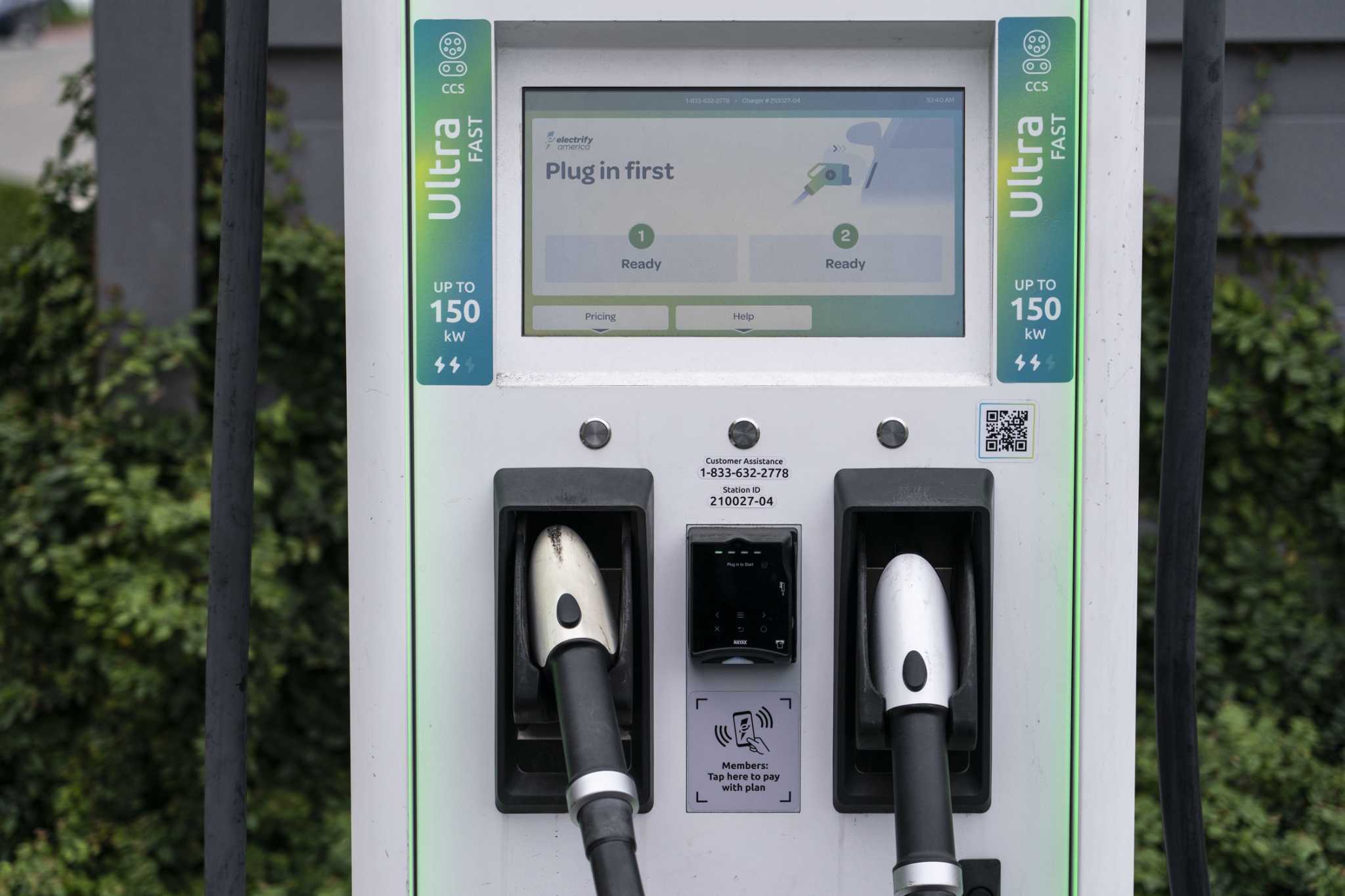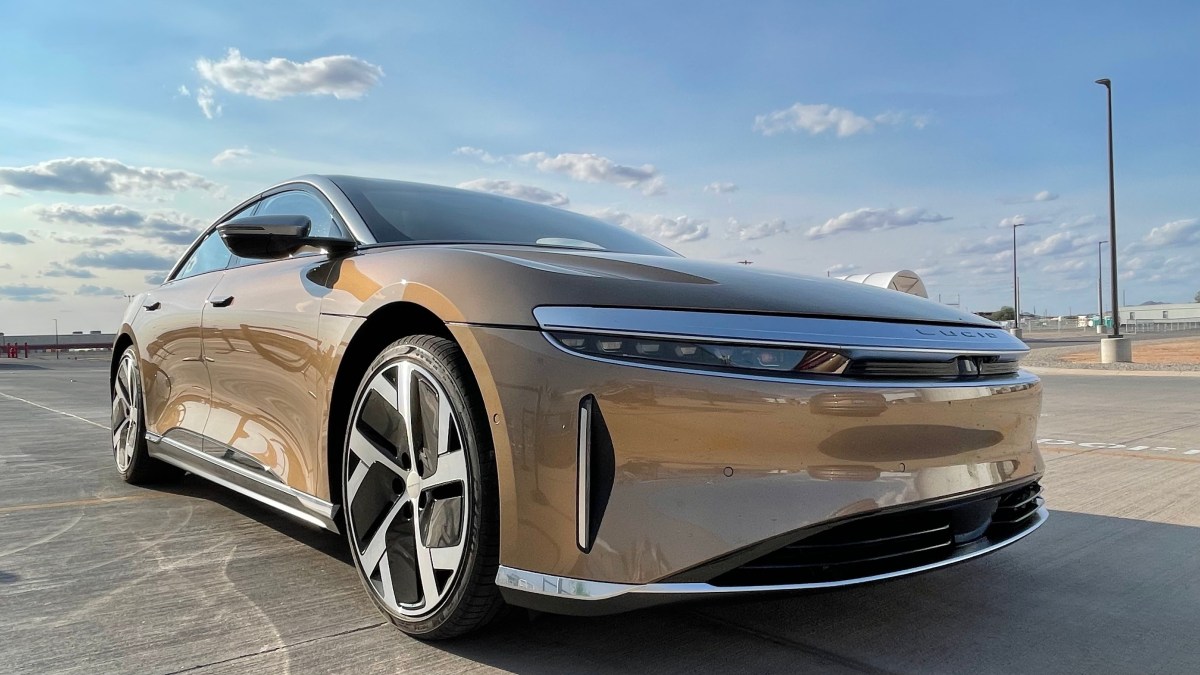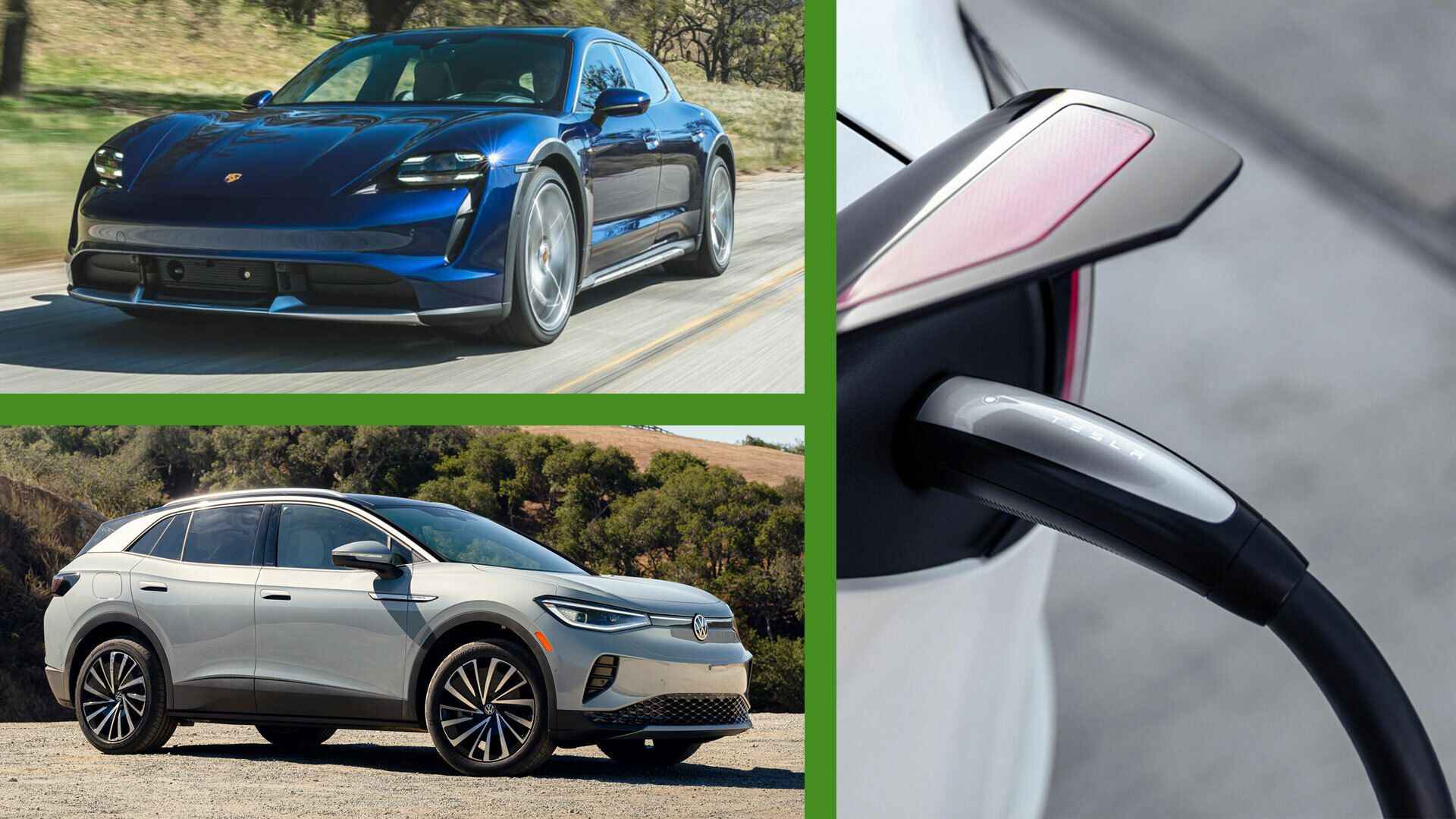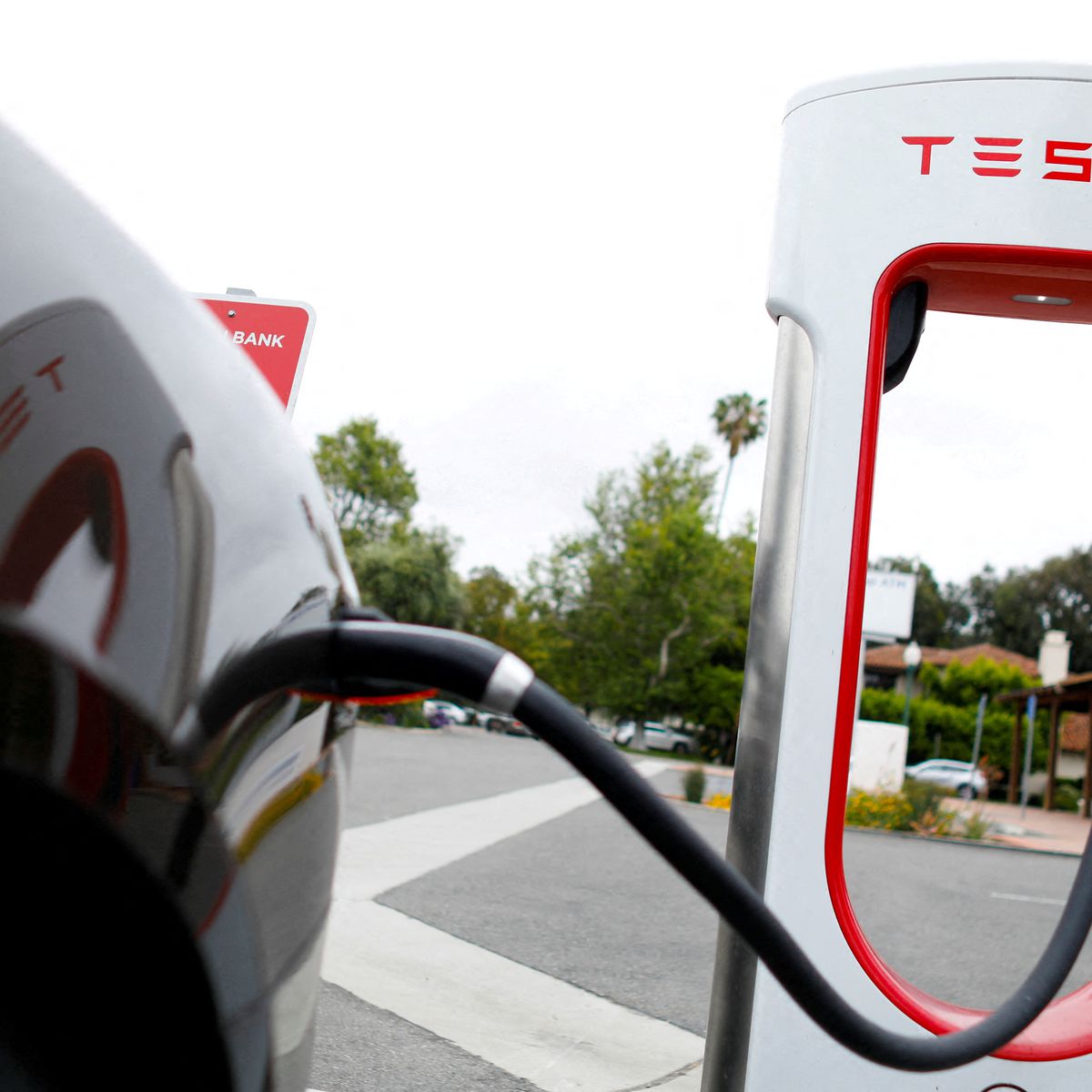Hyundai and Kia recently announced their decision to adopt Tesla’s North American Charging Standard (NACS) ports for their electric vehicles in the U.S. and Canada. This move comes as many other automakers, including Ford, General Motors, Mercedes-Benz, Honda, and Rivian, have also committed to adopting the NACS standard. By doing so, Hyundai and Kia drivers will gain access to the extensive network of Tesla Superchargers across the two countries and Mexico.
Key Takeaway
The adoption of Tesla’s NACS plug by Hyundai and Kia, along with several other automakers, signals the growing acceptance and dominance of NACS as the preferred charging standard for electric vehicles in North America. As automakers rush to embrace this technology, EV drivers can look forward to increased convenience and access to Tesla’s extensive Supercharger network.
Hyundai and Kia Join the NACS Trend
Hyundai and Kia’s decision to adopt the NACS standard marks a significant shift in the industry, with NACS surpassing the previously dominant Combined Charging System (CCS). The question now arises: when will Volkswagen follow suit?
Volkswagen’s EV charging subsidiary, Electrify America, had previously announced plans to add the NACS connector to its fast-charging networks in the U.S. and Canada by 2025. However, given the significant investment VW made in building out its CCS-based charging network, some doubted whether this transition would occur. VW had invested $2 billion in Electrify America as part of a settlement for the VW diesel emissions scandal.
While Electrify America will continue to provide CCS connectors throughout its network, it also recognizes the benefits of including NACS connectors to leverage the Biden administration’s Infrastructure and Reconciliation Act (IRA) subsidies. Tesla’s Supercharger network currently accounts for approximately 60% of fast chargers in the U.S., making it a valuable resource for EV drivers.
Volkswagen has been engaged in talks with Tesla since summer 2023 to adopt the NACS charge port for future vehicles. As one of the world’s largest automakers, representing brands such as Audi, Bentley, Bugatti, Porsche, and Lamborghini, Volkswagen’s decision could have a significant impact on the industry.
Hyundai and Kia Leading the Charge
While several automakers are targeting 2025 as the year to release EVs equipped with NACS ports, Hyundai aims to introduce the NACS port even earlier. The automaker confirmed that new Hyundai EVs in the U.S., including the Ioniq 5, Ioniq 6, and upcoming Ioniq 7, will feature the NACS port starting in the fourth quarter of 2024. Canada will follow suit in the first half of 2025, and Genesis, Hyundai’s luxury brand, will also adopt the NACS standard.
Kia has also committed to integrating the NACS port into its new EVs sold in North America by the fourth quarter of 2024. Both Hyundai and Kia plan to offer adapters for customers with CCS ports, ensuring a smooth transition to the NACS standard.
Why NACS is Gaining Momentum
Tesla’s NACS standard is quickly becoming the preferred choice among automakers due to its widespread Supercharger network and streamlined charging process. EV drivers appreciate the convenience and accessibility of Tesla’s charging infrastructure, prompting other companies to consider aligning with the NACS standard.
Recognizing the significance of this trend, SAE International (formerly the Society of Automotive Engineers) recently announced its plans to develop an industry standard around NACS. This move aims to address concerns from other automakers regarding a competitor controlling a crucial aspect of the EV experience.

























